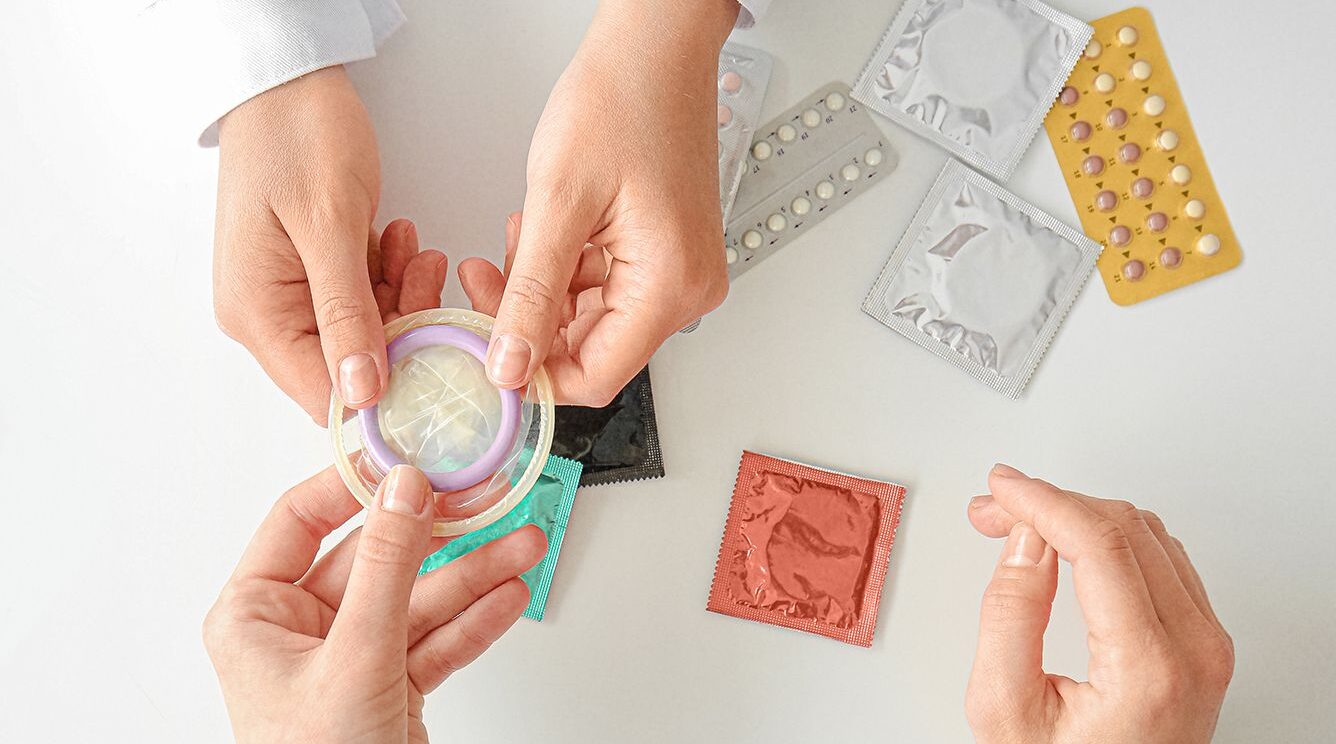Medications are essential for treating a variety of health conditions, but they can sometimes have side effects that impact different aspects of our lives, including sexual health. Understanding how medications can influence sexual function is important for maintaining a healthy and satisfying sexual life. Here’s an overview of how different types of medications can affect sexual health:
1. Antidepressants
Antidepressants, particularly selective serotonin reuptake inhibitors (SSRIs) like fluoxetine (Prozac) and sertraline (Zoloft), are commonly associated with sexual side effects. These can include decreased libido, delayed ejaculation, and difficulty achieving orgasm. If you experience these side effects, it’s important to talk to your doctor, who may adjust your dosage or switch you to a different medication.
2. Blood Pressure Medications
Medications used to treat high blood pressure, such as beta-blockers (e.g., metoprolol) and diuretics (e.g., hydrochlorothiazide), can lead to erectile dysfunction in men and decreased libido in both men and women. These drugs can reduce blood flow to the genitals, making sexual arousal more difficult. Again, discussing these issues with your healthcare provider can lead to alternative treatments or additional medications to counteract these side effects.
3. Antipsychotics
Antipsychotic medications, used to treat conditions like schizophrenia and bipolar disorder, can also affect sexual function. Drugs such as risperidone and haloperidol can cause a decrease in libido and erectile dysfunction. Newer antipsychotics may have fewer sexual side effects, so discussing your concerns with a psychiatrist can help in finding a suitable medication.
4. Hormonal Medications
Hormonal treatments, including those for birth control and hormone replacement therapy (HRT), can impact sexual health. Some birth control pills may reduce libido due to changes in hormone levels, while HRT can sometimes improve sexual function by addressing hormonal imbalances. It’s important to work closely with your doctor to find a hormonal medication that supports both your overall health and sexual well-being.
5. Pain Medications
Opioids and certain other pain medications can suppress sexual desire and performance. Long-term use of opioids like morphine and oxycodone can lower testosterone levels in men, leading to reduced libido and erectile dysfunction. If pain management is affecting your sexual health, exploring non-opioid pain relief options with your doctor can be beneficial.
Managing Medication-Related Sexual Side Effects
If you suspect that your medication is affecting your sexual life, don’t hesitate to talk to your healthcare provider. Here are some steps you can take:
- Open Communication: Discuss your concerns openly with your doctor. They can help adjust your treatment plan.
- Medication Adjustment: Your doctor may lower the dose or switch you to a different medication with fewer sexual side effects.
- Timing: Taking medications at different times of the day might reduce side effects.
- Additional Treatments: Sometimes, adding a medication specifically for managing sexual side effects can help.
Medications are crucial for managing many health conditions, but they can sometimes interfere with sexual function. Being aware of these potential side effects and working closely with your healthcare provider can help you find a balance that maintains both your overall health and a satisfying sexual life. Don’t be afraid to speak up about any issues you’re experiencing; your doctor is there to help you find the best solution.



